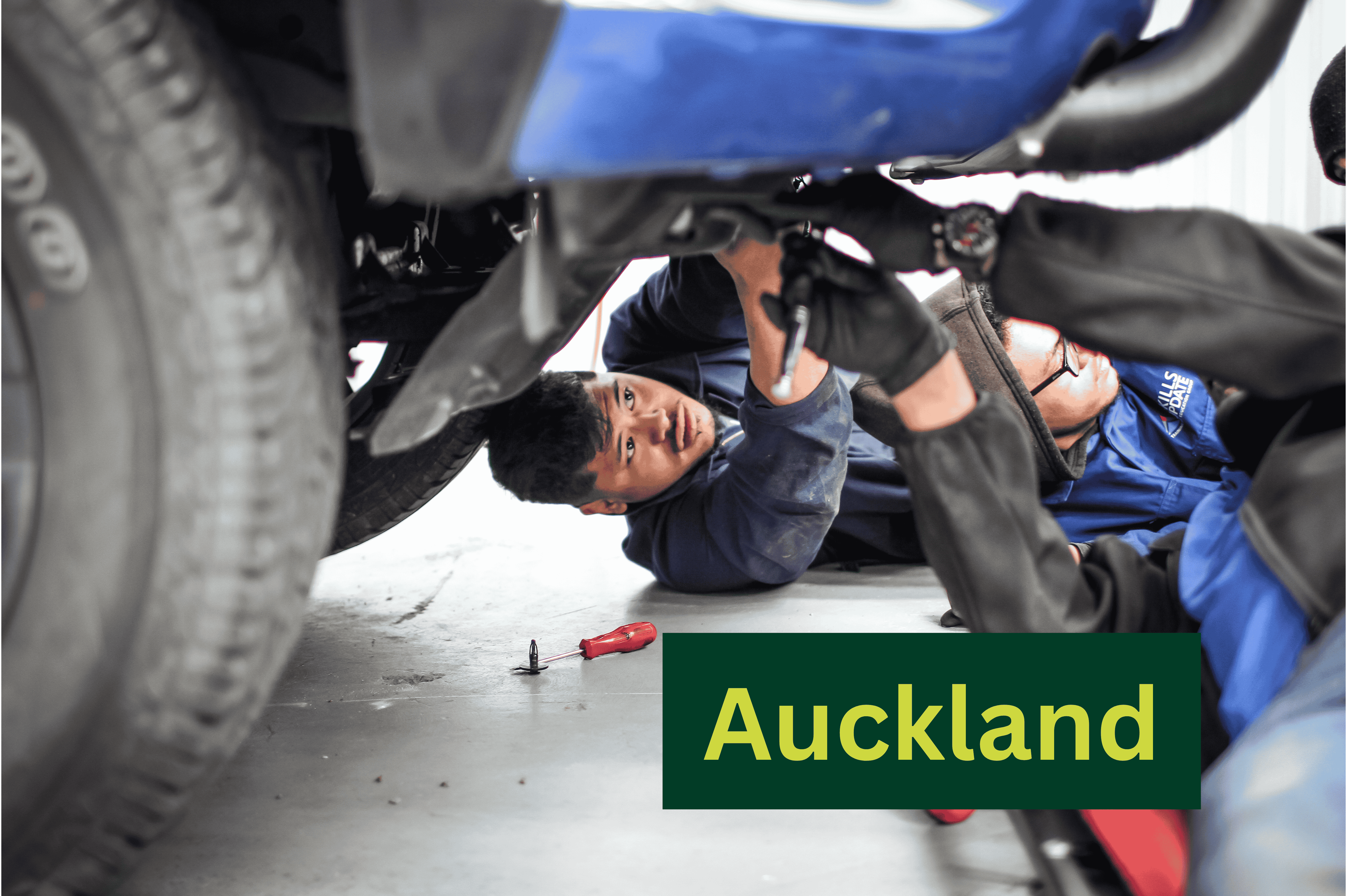
The programme aims to provide the automotive industry with individuals who can service general automotive systems under limited supervision. Emphasis is on learning and acquiring basic entry level skills required in the automotive industry especially for light motor vehicles.

English Language Requirements
Applicants must have sufficient competence in the English language to undertake this programme of study which is taught in English. Students intending to enrol for training are assessed on their language, literacy and numeracy abilities to determine their capability to successfully undertake the training and determine whether any additional support is needed.
Education Pathway
This qualification may lead to Level 4 qualifications in automotive engineering such as NZC in Heavy Automotive Engineering (Level 4) with strands in Road Transport, Plant and Equipment, Agricultural Equipment, and Materials Handling (Ref; 3118); NZC in Light Automotive Engineering (Level 4) (Ref: 3450); NZC in Motorcycle Engineering (Level 4) (Ref: 3477); NZC in Automotive Electrical Engineering (Level 4) (Ref: 3460); or the NZC in Outdoor Power Equipment (Level 4) (Ref: 4009).
Employment Pathway
Graduates of this qualification will have the skills and knowledge to work in an entry level servicing position, for example as an Automotive Technician, in the automotive industry. Individuals will have increased independence and tino rangatiratanga to participate in whanau, hapu, iwi, community, and society.
To check if you're eligible for Fees Free, visit the Fees Free website or the Inland Revenue Fees Free page to learn more.
Learners may be able to access StudyLink support, including student loans and student allowances. To see if you meet the conditions, contact Studylink via Freephone or visit the StudyLink website:
Some programmes include additional course-related costs, such as tools, equipment, materials, or safety gear. These costs are the responsibility of the learner and will be clearly explained during the enrolment process.
$5,500


Many of our courses are open-entry, which means no prior qualifications are required. Some programmes may have specific requirements, which will be listed in the course details. Our team can help you find the right fit based on your background and goals.
Availability depends on the course - check the programme page or talk to our team to explore what works best for your schedule.
If your circumstances change, our support team can guide you through the withdrawal process and discuss any implications for fees or re-enrolment.
Some courses may require specific tools, uniforms, or materials. In many cases, these are provided or subsidised. You’ll receive a detailed list of requirements for your programme during the enrolment process.
Lifeskills programmes will have specific entry requirements. You can find these in the course pages.
Most Lifeskills programmes include practical, hands-on components such as workshops, simulated environments, or real-world placements to help you gain industry-ready experience.
Lifeskills qualifications are approved and listed on the New Zealand Qualifications Framework (NZQA). NZQA is the government body that oversees quality assurance for New Zealand qualifications.
All programmes will either lead to further study or apprenticeship or employment opportunities.
Most Lifeskills programmes include practical, hands-on components such as workshops, simulated environments, or real-world placements to help you gain industry-ready experience.